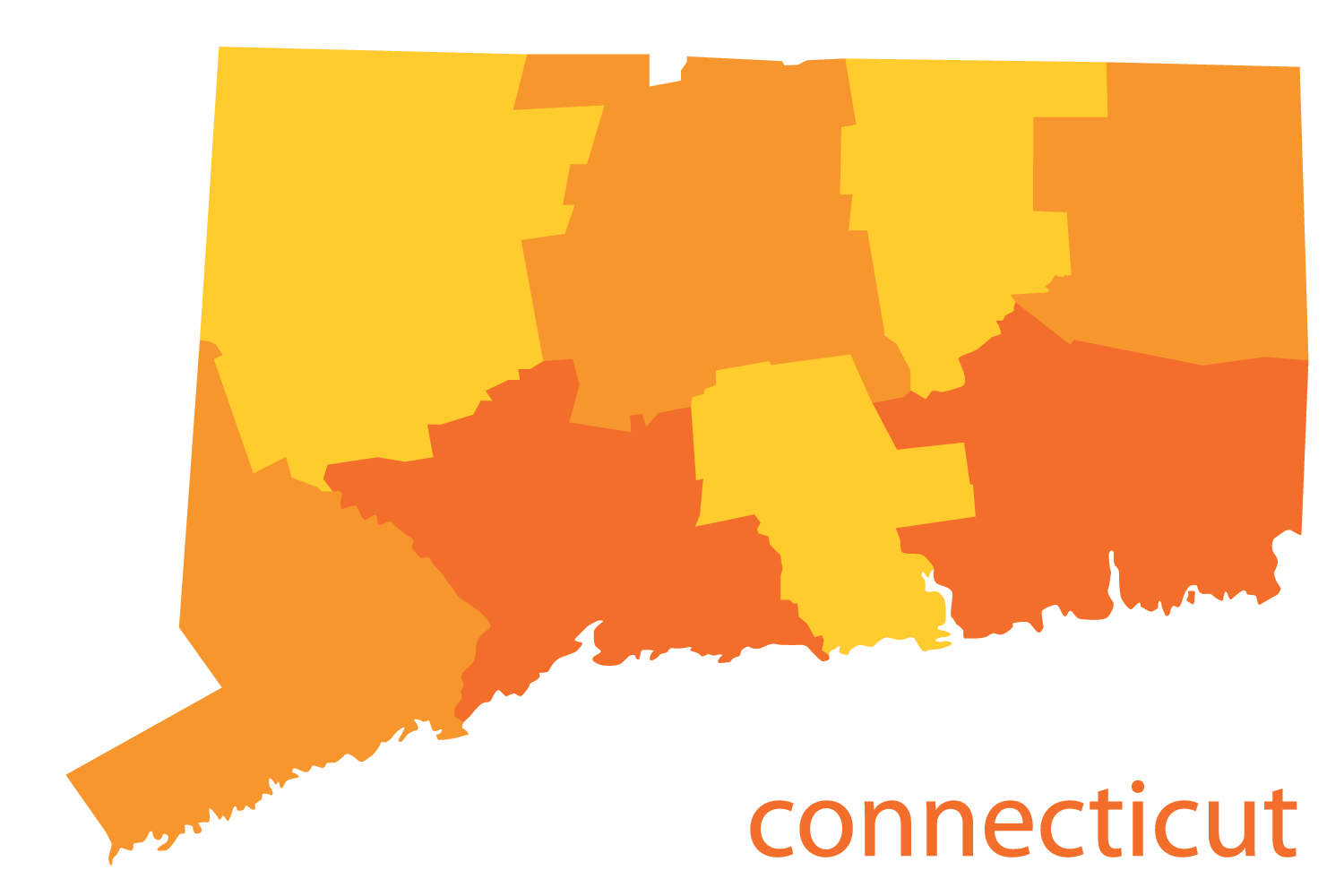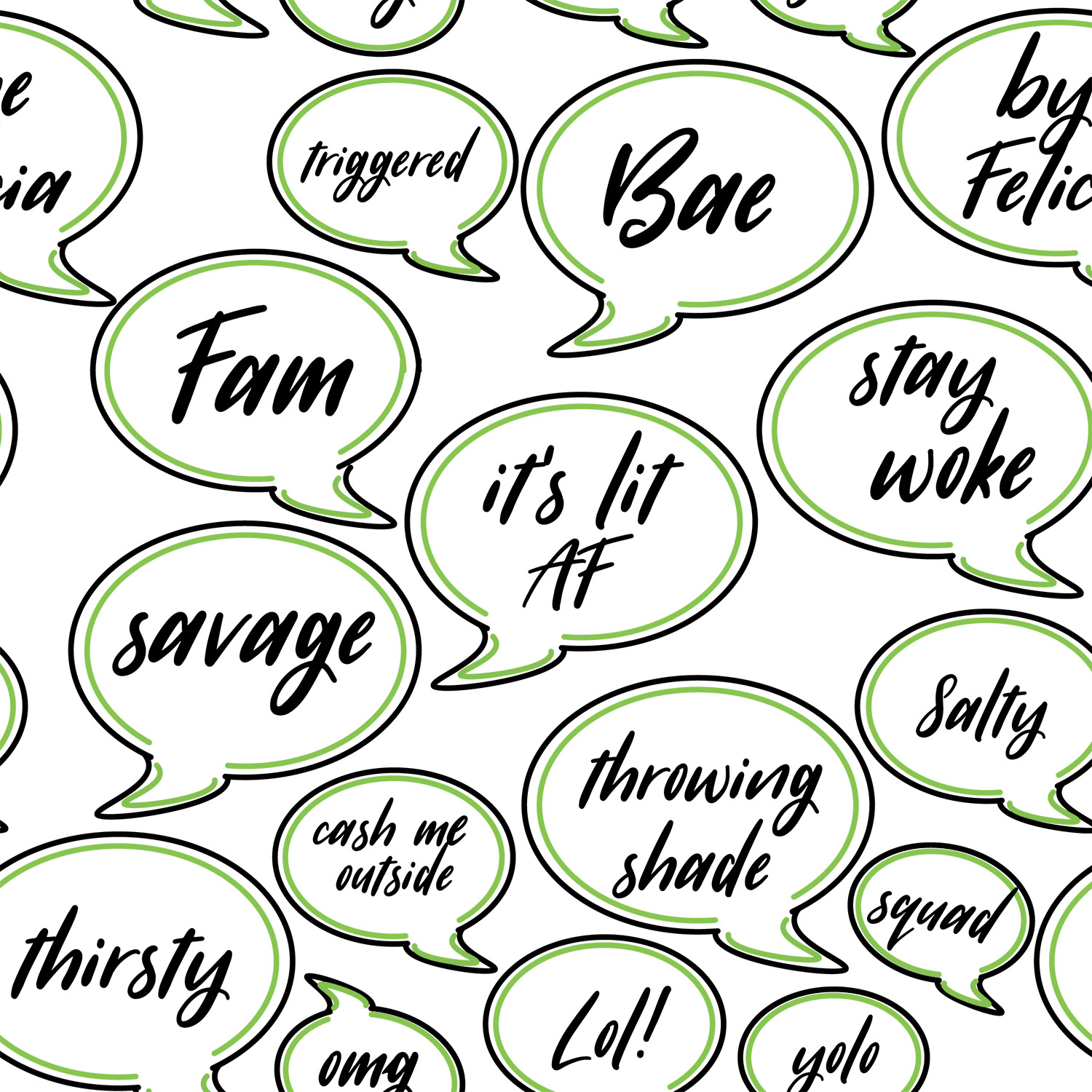No, I did not invent that word in the title. It’s real. But I’ll get to that in a moment. First, I have to own up to the fact that the subject of today’s essay is definitely a reflection of having entirely too much time on my hands.
Like everyone else, I don’t get around much anymore. (Hey, great song title!) I’m at home most of the time, unpacking my Amazon boxes and grocery delivery orders. Or living my so-called life on-line.
I fill my time with Zoom happy hours and clink my wine glass against the computer screen. I do virtual lectures, Ted Talks, museum tours around the world, including Margaret Mead’s habitat on Samoa. This last tour did not use up many idle minutes as she occupied a single room. But it was interesting, none the less.
I read, I stream, and watch entirely too much TV news, which lately has been focusing on the states with the most corona virus cases. I wondered how the average Texan, Californian, or Floridian was coping, and were they living the same as I, in a primarily virtual world?
As I pondered about Texans and Californians, I had the eye-opening revelation that people from various states were able to be described by where they came from.
I used to live in New York. I was a New Yorker. I worked in New Jersey with mostly New Jerseyites. I’m currently a resident of Florida, so I’m a Floridian.
But I also once lived in Connecticut. So what was I then?
Texans come from Texas. Idahoans come from Idaho. Mainers came from Maine. But what do you call people who come from Connecticut?
Having no satisfactory answer to this burning question of regional identity, I decided it was worth at least an hour of my spare time to figure this out.
And that was when I discovered the “demonym.” A demonym is a word that describes where people come from. It’s such a rare word that the spell check in my word processing program keeps underlining it in red. Nevertheless, Microsoft, it is a real word!
The word “Connecticut” is in itself difficult to pronounce. We tend to glide right over the middle “c” as if it was a tonsil, or some other dispensable body part. So imagine trying to figure out a suitable suffix for the purpose of identifying people of the Nutmeg State.
Over time, several demonyms (there goes that red line again!) have been proposed for residents of Connecticut. “Connecticotian?” Seriously?
Then there was the even more preposterous “Connecticutensian.” I dare you to say that three times quickly. Or even one time slowly, for that matter.
And the latest, take it or leave it, is “Connecticuter.” This label actually appears on the U.S. Government Publishing Office Style Manual.
Bet you didn’t know that the U.S. Government published a style manual. Well, it does, and it lists the appropriate demonyms for all 50 states. Excellent use of our tax payer dollars.
Why do I even care about how to refer to people from Connecticut? I do still spend some time there, when being a Floridian becomes a very steamy experience.
Connecticut is not the only state with an awkward assembly of consonants and vowels. Massachusetts is in a similar predicament. On the official list of demonyms incluced in the style manual, a resident of Massachusetts is called a “Massachusettsan.” Which does not roll trippingly off the tongue. So you might want to think twice before you decide to move there. Or to Utah, for that matter. Unless you don’t mind being referred to as a “Utahn.” How does one even say that?
But don’t despair. If you care about your demonym, you still have 47 states from which to choose.
I will end now because it’s almost time to get ready for another Zoom Happy Hour. And this evening I shall try harder to not splash wine on my comp
——————————————————————————————————————————————————————–
Dear Readers:
Earlier this month I was interviewed for the Second Act Stories podcast. The result is “Humor Me: A Speech Pathologist Finds A New Voice.” I hope you’ll give it a listen.
If you are an experienced podcast listener, you can connect to the Second Act Stories podcast on Apple Podcasts (for iPhones), Stitcher (for Androids), Spotify, GooglePlay, iHeartRadio and others. And if you are new to podcasts, I might suggest streaming it from the Second Act Stories website. Once you’ve clicked on the link below, just scroll down and hit blue triangle “play” button under my photo. It’s about 21 minutes long and at the end includes a reading of one of my blog posts titled “High Maintenance. See the link below:
Stream from Second Act Stories website
Hope you enjoy and feel free to share with others who might be considering a career or life change.
Best,
Susan









LOL!
Wondering if the Happy Hour of wine necessarily involves other people or you can just click your computer screen and enjoy the cool Chardonnay. I did that yesterday evening with Jimmy Johns potato chips, a Pinot Grigio, and no computer. That works too!
I look forward to Happy Hour every night, screen or no screen!
If you live in Florida as I do although I’m from NY it’s FloriDUH!! Hope all is well with you. Arlene Karyo
Do you slap your forehead when you stress the Duh!!! (As in, what am I doing here? I do!)
I know someone from Michigan who is a bit “Michiganer!’
Imagine being stuck with that one!
Glad I’m from California…just add an n.
Easy!
Hi Sue, I Have been a Brooklynite, a
Long Islander, a New Yorker And now
a Floridian. I hate to think what I call my
next stop. Maybe a Heavener?
I gues our next Woodmereite dinner will be on
Zoom.
Hi Sue: As an honorary Woodmerian, I look forward to it!